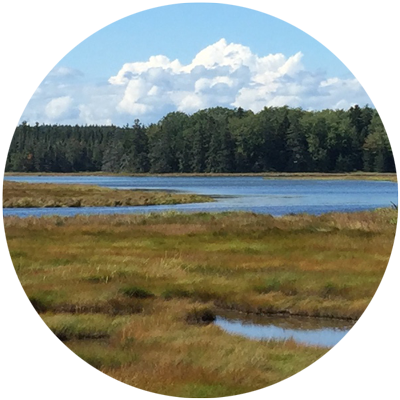Home > Climate News >
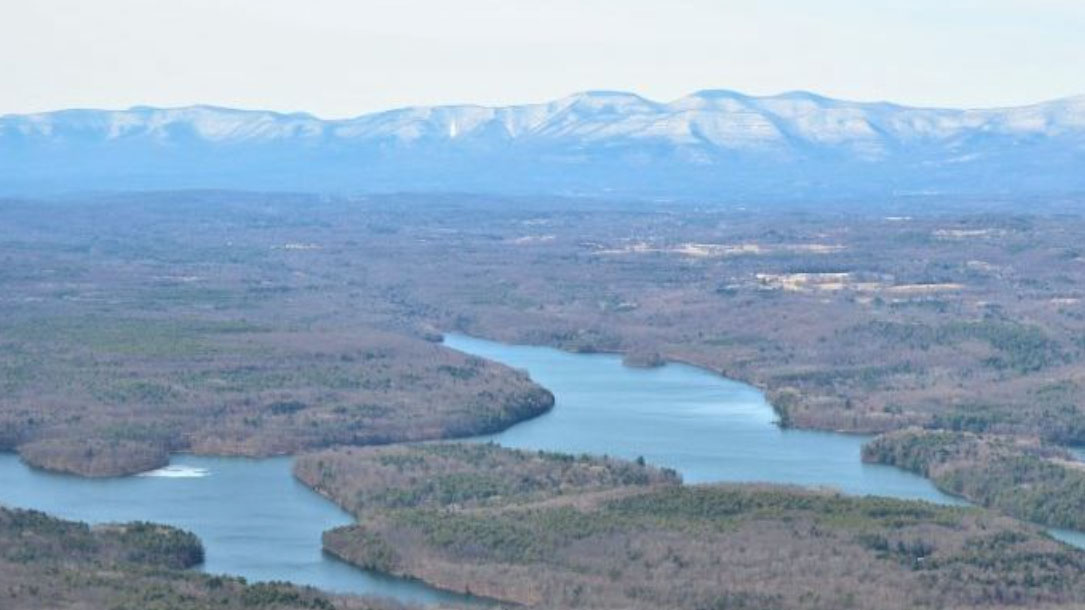
Partnering with a local city to sell carbon credits
Located in New York State, Mohawk Hudson Land Conservancy is working to slow down climate change in partnership with The Nature Conservancy and the City of Albany.
The Albany Water Board will receive funding from the sale of carbon credits. The Nature Conservancy expects this revenue to surpass one million dollars over the next ten years, which the Water Board will direct toward the implementation of the Sustainable Forest Management Plan, watershed management, and Water Board priorities.
As outlined in the Plan, the Albany Water Board has entered into a Conservation Easement with the Mohawk Hudson Land Conservancy…
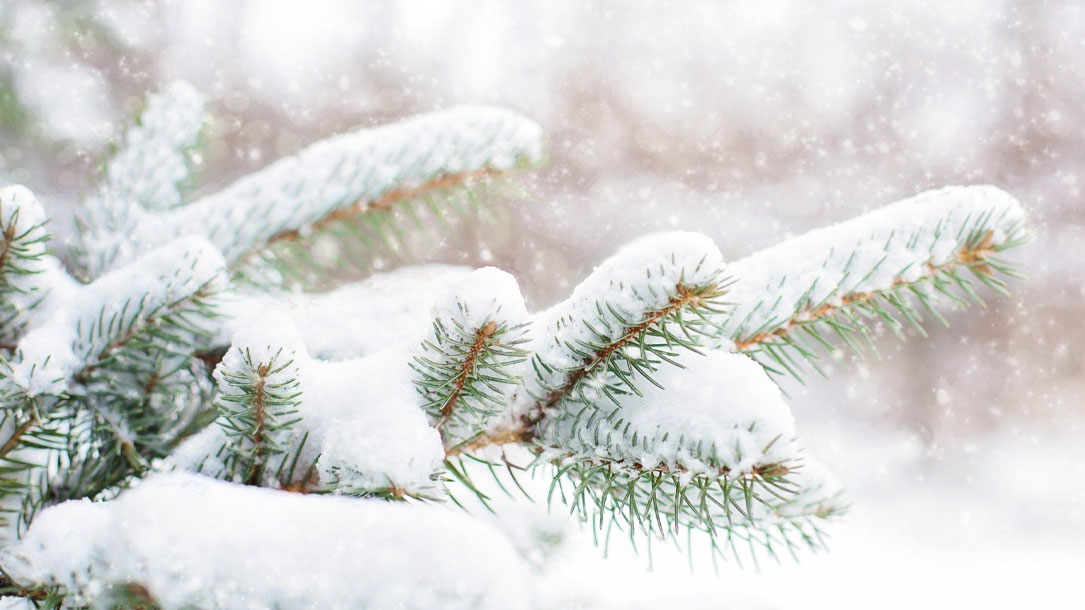
Community, woodlands, and climate change discussions
One of the ways to help motivate people to slow down climate change is to help them understand the impacts on the places they love. Notice how welcoming this invitation and event is. Here is their announcement:
“Are you a woodland owner? Get together with other woodland owners and natural resource professionals to discuss the future of Connecticut’s forests. Andrea Urbano, a Service Forester with CT Department of Energy and Environmental Protection, will discuss what changes we can expect to see in Connecticut’s forests as a result of climate change, and how these changes interact with other threats to our forests.
We will also discuss what we can do to help create resilient forests through the upcoming changes. Bring your questions and concerns about your woodland. Resources for further action will be provided, including information on cost-sharing opportunities for land management practices. Time for snacks and networking will round out the evening…”
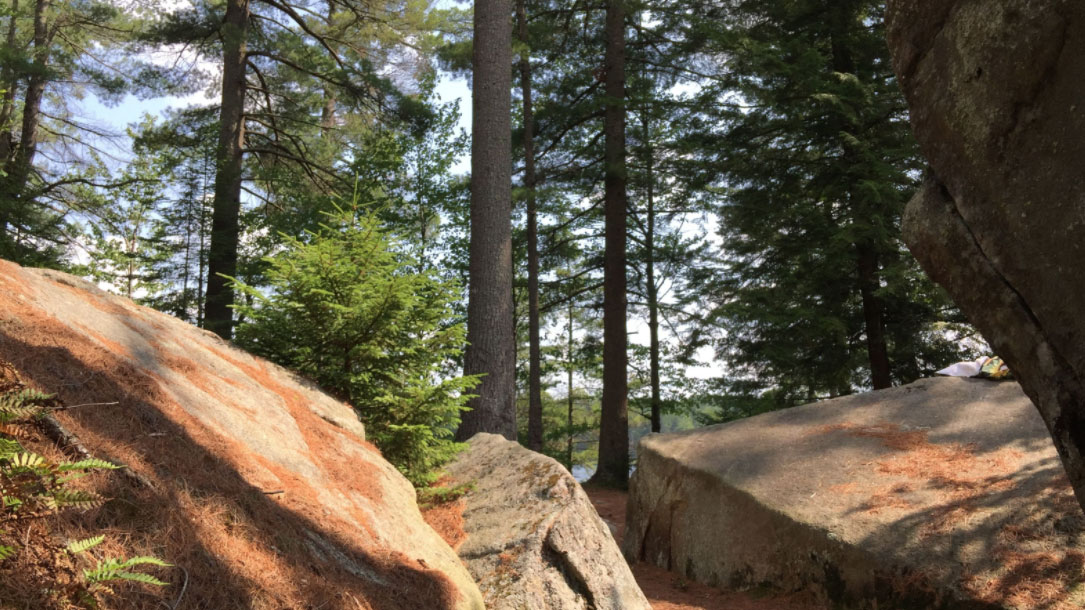
Thanks to climate change and wetter weather, forest soils are absorbing less methane
Forests can remove methane from the atmosphere through the activity of soil bacteria. But increasing precipitation—a symptom of climate change—is making it harder for forest soils to trap greenhouse gases, creating a feedback loop that exacerbates global warming.
So reports a new study, published in the Proceedings of the National Academy of Sciences, which concludes that forest soils have been overestimated as methane sinks…
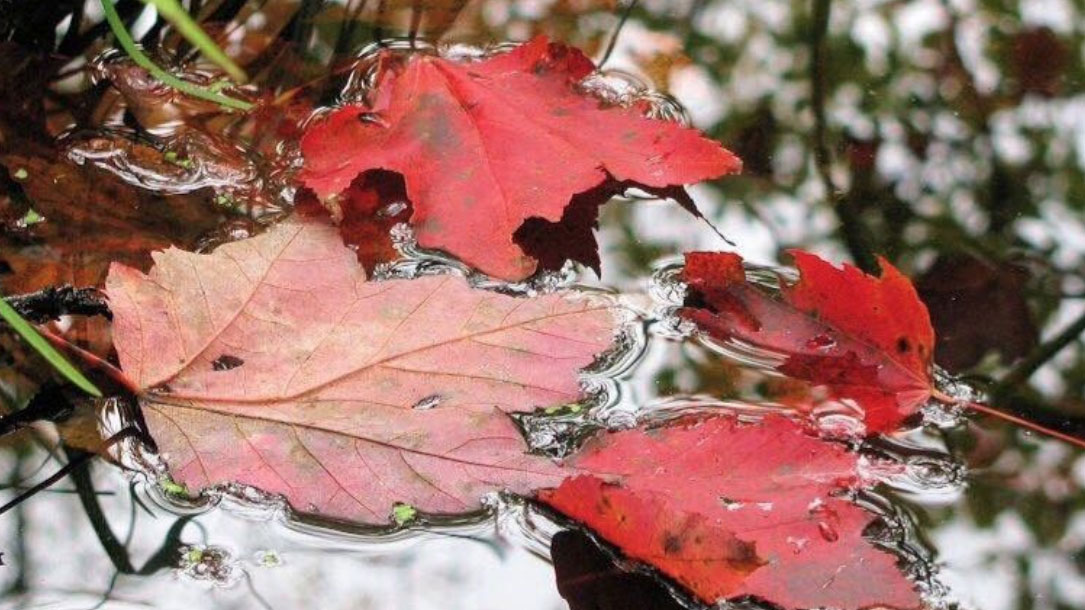
Climate change could double greenhouse gas emissions from freshwater lakes
Every drop of fresh water contains thousands of different organic molecules that have previously gone unnoticed. By measuring the diversity of these molecules and how they interact with the environment around them, research has revealed an invisible world that affects the functioning of freshwater ecosystems and can contribute to greenhouse gas emissions…

Two-thirds of North American birds are at increasing risk of extinction from global temperature rise
By stabilizing carbon emissions and holding warming to 1.5°C above pre-industrial levels, 76 percent of vulnerable species will be better off, and nearly 150 species would no longer be vulnerable to extinction from climate change.
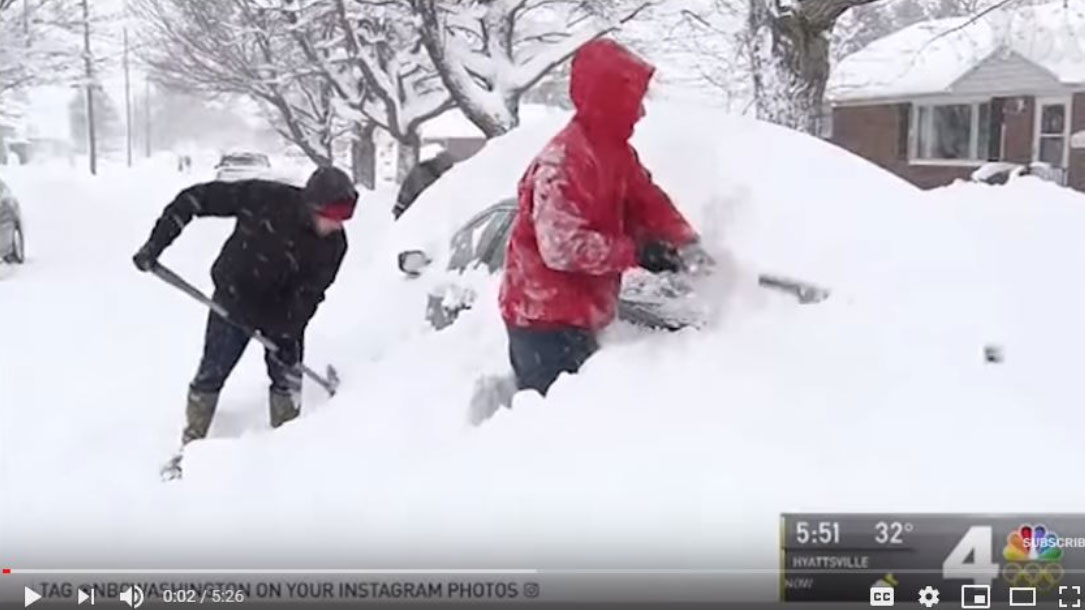
The paradox of global warming and colder winters
Is there a link between the vanishing Arctic sea ice and extreme weather? Many prominent climate researchers think so.
That’s because warming temperatures in the Arctic are altering the behavior of the polar jet stream, a high-altitude river of air that drives weather patterns across the globe. As the winds that propel the jet stream weaken, storms, droughts, and extreme heat and cold move over continents at slower rates, meaning bad weather can stick around for longer. Check out this video—it’s nicely done.
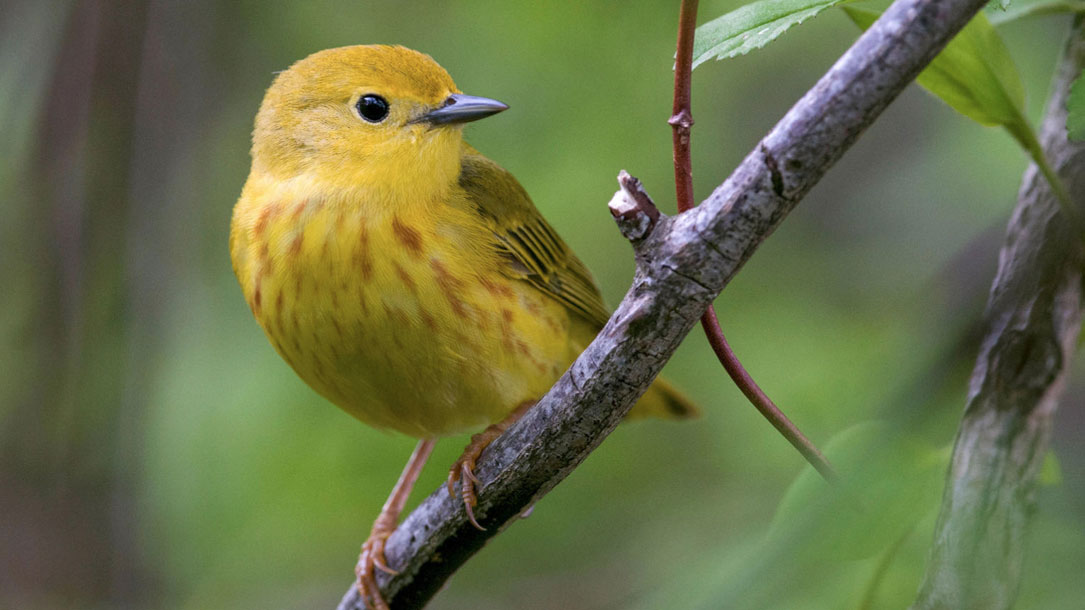
New Audubon Science: Two-Thirds of North American Birds at Risk of Extinction Due to Climate Change
NEW YORK (October 10, 2019) – Today, the National Audubon Society announced a groundbreaking climate report, Survival by Degrees: 389 Bird Species on the Brink. “Two-thirds of America’s birds are threatened with extinction from climate change, but keeping global temperatures down will help up to 76 percent of them. There’s hope in this report, but first, it’ll break your heart if you care about birds and what they tell us about the ecosystems we share with them. It’s a bird emergency,” said David Yarnold, (@david_yarnold), CEO and president of Audubon…

Carbon Dioxide Reaches Highest Recorded Levels In Human History
“We are in an unprecedented era, at no point in human history has carbon dioxide levels been this high, presenting concerning questions over what lies ahead.
This week the World Meteorological Organization published their yearly report on the “State of Greenhouse Gases in the Atmosphere,” compiling data up to 2018.
The report, unsurprisingly, found that carbon dioxide reached an all-time high in 2018 since pre-industrial amounts. The highest recorded measurement in 2018 was 415.70 ppm on May 15, 2019, higher than it has ever been during human history…”
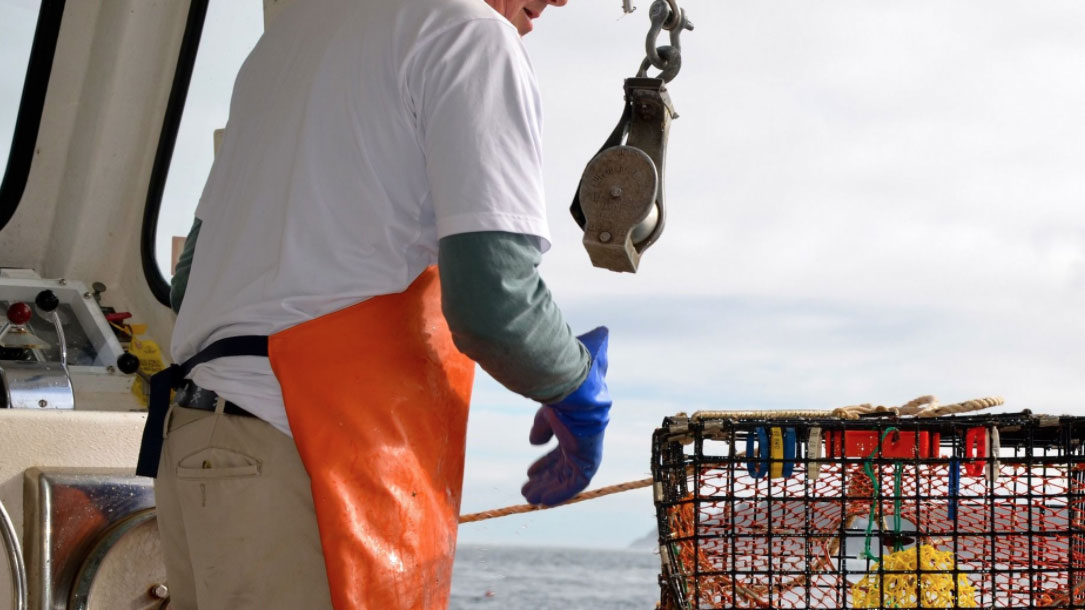
Mysterious Lobster Deaths In Cape Cod Raise Climate Change Concern
Last month, lobstermen in Cape Cod Bay hauled up something disturbing. In one section of the bay, all of their traps were full of dead lobsters. Research biologists went to work trying to solve the mystery, and what they found suggests we may see more of this as the climate changes…
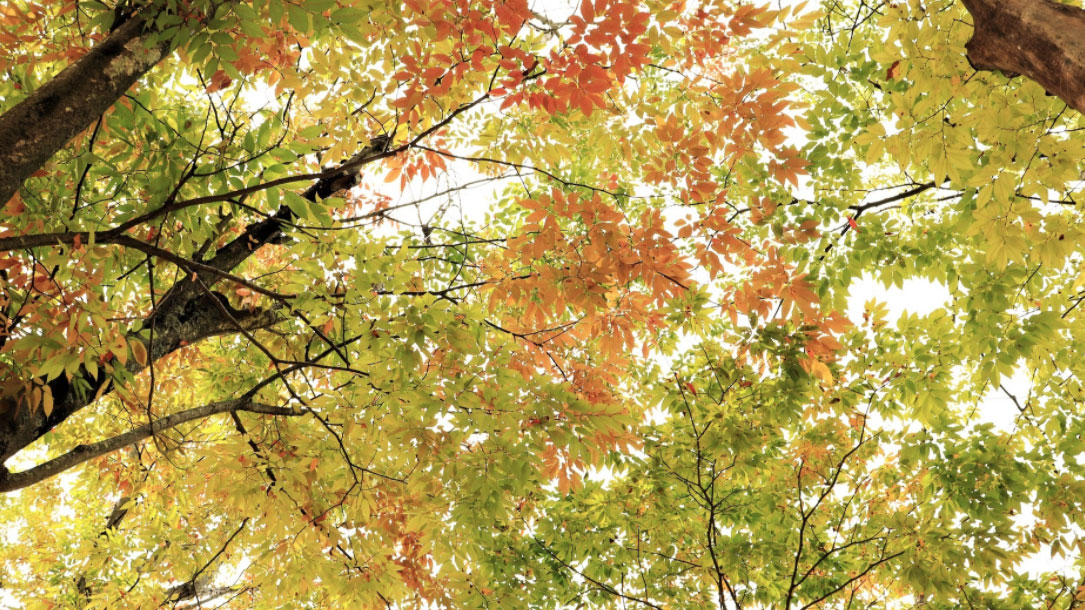
Why keeping mature forests intact is key to the climate fight
The tragedy in the Southeastern U.S. [where large amounts of wood for biomass burning originates] is it’s the most biodiversity-rich region in North America and has more species of animals and plants than anyplace else. That is being decimated.
For pellets, wetland, hardwood forests are preferable to the pines and the pine plantations, which don’t burn as hot, so those wetland hardwood forests are really being gone after. For a long time, the companies made the claim they were only using the residuals, the branches, and so on. An NGO down there called Dogwood Alliance documented that that isn’t true. They’re converting whole trees [into pellets]…



